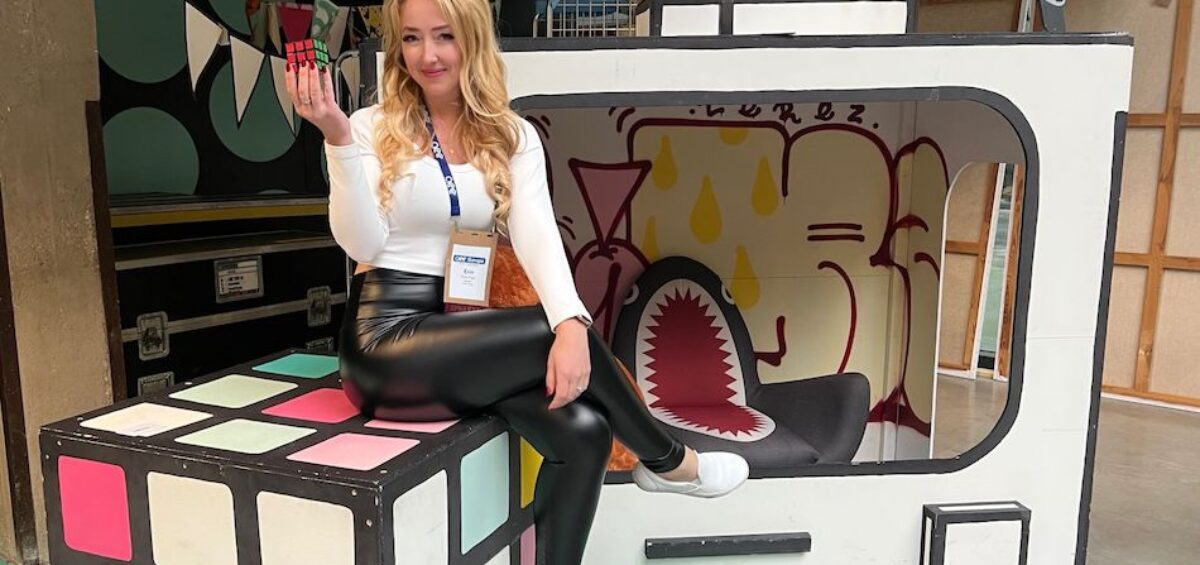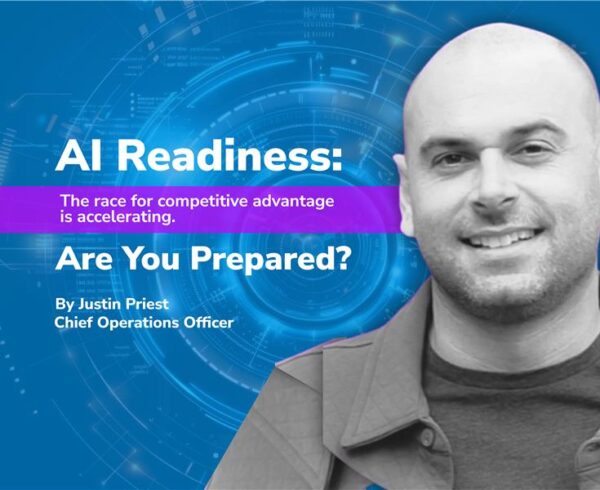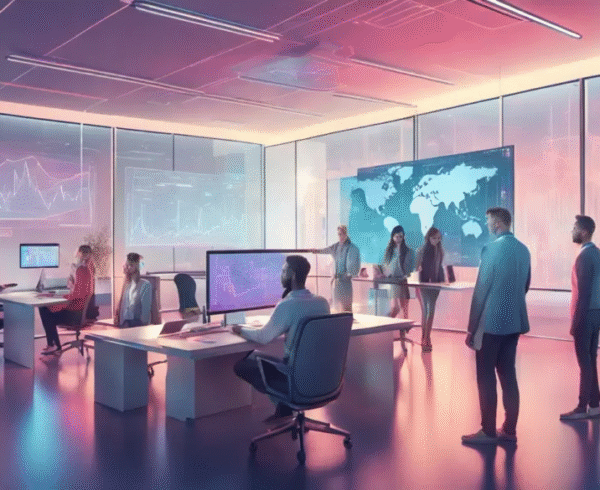Gamification is more than just a passing trend—it’s a powerful strategy transforming education and business by enhancing engagement, knowledge retention, and overall performance. In a recent episode of Tech on Tap, we spoke with Erin Fair, Head of Experience and Marketing at ResNet, about how she is pioneering gamification to drive meaningful change in learning and workplace environments.
FROM MUSICAL THEATER TO GAMIFICATION ADVOCATE
Erin’s path to gamification is anything but conventional. She started her career as a professional musical theater performer before earning a master’s degree in education. Along the way, she recognized a critical flaw in traditional learning methods—passive lectures and extensive reading lacked the engagement necessary for effective retention.
Determined to find a solution, Erin turned to gamification. Her research demonstrated that game-based learning resulted in a 30% higher retention rate compared to conventional training approaches. Beyond education, she quickly realized gamification’s potential to reshape employee engagement, business processes, and industry-wide problem-solving.
GAMIFICATION IN BUSINESS: MOVING BEYOND POINTS AND BADGES
Many organizations attempt to implement gamification through points, leaderboards, and digital badges. However, Erin emphasizes that true gamification goes beyond these surface-level incentives.
“Successful gamification is rooted in behavioral psychology. It’s not just about rewards—it’s about designing experiences that naturally motivate people to engage,” Erin explains. “When employees find personal value and enjoyment in their work, they’re far more likely to stay engaged and perform at a higher level.”
At ResNet, Erin has applied these principles to the energy industry with impressive results. One example includes a gamified field data collection initiative, where employees were challenged to capture five on-site photos in a friendly competition. The outcome? A staggering 400% increase in data collection efficiency.
WHY GAMIFICATION WORKS: THE PSYCHOLOGY BEHIND ENGAGEMENT
Erin highlights the key psychological drivers that make gamification so effective:
-
- People are more engaged when they feel connected to a greater purpose.
-
- Competition and collaboration foster a sense of community and accountability.
-
- Progress tracking and achievement-based incentives drive motivation.
-
- The excitement of the unknown keeps individuals engaged over time.
Organizations that incorporate these elements into their processes can significantly improve employee motivation, knowledge retention, and overall productivity—turning routine tasks into meaningful, engaging experiences.
THE FUTURE OF GAMIFICATION IN BUSINESS
While gamification has already made its mark in education and training, Erin is at the forefront of expanding its reach into energy, safety training, and workforce engagement. Later this year, she will take her expertise to the global stage with a TED Talk on gamification’s impact in the energy sector.
“The true power of gamification lies in experience design. When businesses move beyond gimmicks and focus on creating engaging, purposeful experiences, they unlock new levels of productivity and innovation.”
CLOSING REFLECTIONS
Erin Fair’s observations reinforce that gamification isn’t just for entertainment—it’s revolutionizing the way we learn, work, and interact. Whether applied to employee training, safety programs, or organizational engagement, gamification offers businesses a compelling strategy to drive performance, foster collaboration, and create lasting impact.
Listen to Erin Fair’s full podcast episode here!






